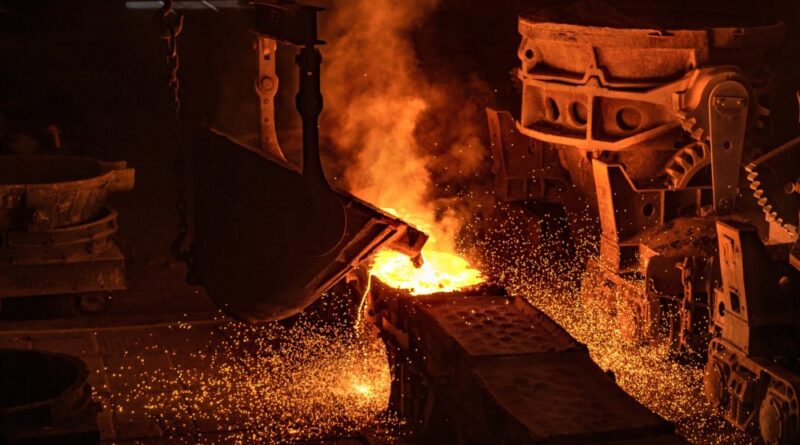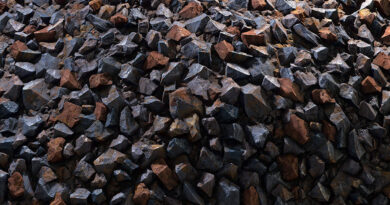Eti Krom to use solar energy for HC ferrochrome production
Yildirim Group, which owns chromium ore and HC ferrochrome assets in four countries (Turkey, Kazakhstan, Sweden and Russia) announced its intention to progress plans for the construction of a solar power plant at its Turkish subsidiary Eti Krom. The electricity produced by the plant will amount to 70 GWh per annum, which corresponds to 12% of Eti Krom’s total annual energy consumption. The project has been earmarked for completion in Q2 2022.
According to Roskill, Eti Krom is the largest producer of lumpy chromium ore globally and is the only producer of high-carbon ferrochrome in Turkey. Its ferrochrome production capacity is estimated at 150ktpy and the smelting operation takes place in four furnaces located near Elazig in southeastern Turkey.
Whereas Yildirim’s plans to construct a solar plant at Eti Krom will require substantial capital investment, the company would have no doubt weighed this against the benefits of long-term cost savings and emissions reduction, which will result from commissioning of the plant.
Notably, as electricity accounts for the bulk of energy consumption and CO2 emissions in the production of ferrochrome, the project is poised to meaningfully reduce Eti Krom’s carbon footprint.
Simultaneously, reforms in the Chinese ferroalloys industry are prioritising more energy efficient ferrochrome production, while some South African producers are actively investigating clean energy sources to power domestic furnaces.
Together these developments highlight a shift to a more “green energy” conscious ferrochrome output, which is a particularly salient topic in the context of the role of ferroalloys in the Green Steel narrative.
This project is therefore the latest among a slew of emissions focussed energy consumption measures that are either being investigated or actively pursued in certain quarters of the industry.



